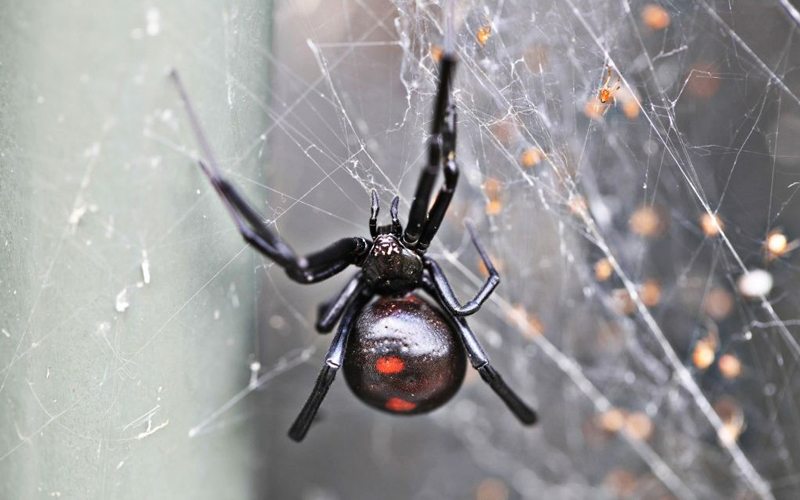
The onset of colder weather always brings up the question of how the cold will affect insect populations in the upcoming growing season. Though the answer to this question seems simple, it is actually very complex.
Let me dispel a myth. A cold winter will mean less insects next year. Let me share a great example of this. If this were true, there would be no insects in Alaska. They call the mosquito Alaska’s state bird. Alaska is over run with insects and rodents.
Certainly, temperatures have a large impact on insects. If the temperatures are too high (generally greater than 85-90 F) insects may die because their cellular activity is moving so fast. It is like humans having an elevated temperature, except much worse.
When the temperature is too low, (generally less than 60 F) insects are less able to move, eat and reproduce but they often do not die even when it is very cold; they just remain sluggish or immobile until temperatures warm back up.
The mechanisms that allow this survival are complicated, but insects have two main protective mechanisms. They can seek shelter from the cold; most of the time this is in your home or business. They can also produce a compound in their bodies that is very similar to the antifreeze that humans put in cars. These compounds keep them from freezing solid. It is not the cold but the freezing/thawing processes that usually causes insect death.
When thinking about how winter affects insects we need to remember that we are talking about population size. An individual insect is either alive or dead, there is no in between. Insect population can have different rates of survival. So, in a “mild winter, perhaps 10% of the overwintering insects die leaving 90% of them to live into the spring. On the other hand, in a “hard winter, perhaps 80% of the population will die leaving only 20% of the population to survive into the spring.
It is not so much a matter of if insects can survive, as it is how many insects will survive.
What conditions are likely to cause the greatest decrease in an insect population in Oklahoma?
- It appears that cold, wet weather, particularly wet but not frozen soils for insect overwintering in the ground, and lack of snow or ice cover will cause the greatest or at least the most common decrease in survival of overwintering insects in Oklahoma,
- Extreme cold by snow or ice cover increases mortality but is a rather rare event.
- Repeated wide swings in temperature, alternating warm and cold during the traditionally cold months (e.g. Dec – Mar).
- A long, warm period late in the traditionally cold season followed by a quick return to very cold conditions.
- Consistently cold but “average temperatures are not as damaging as most people expect.

